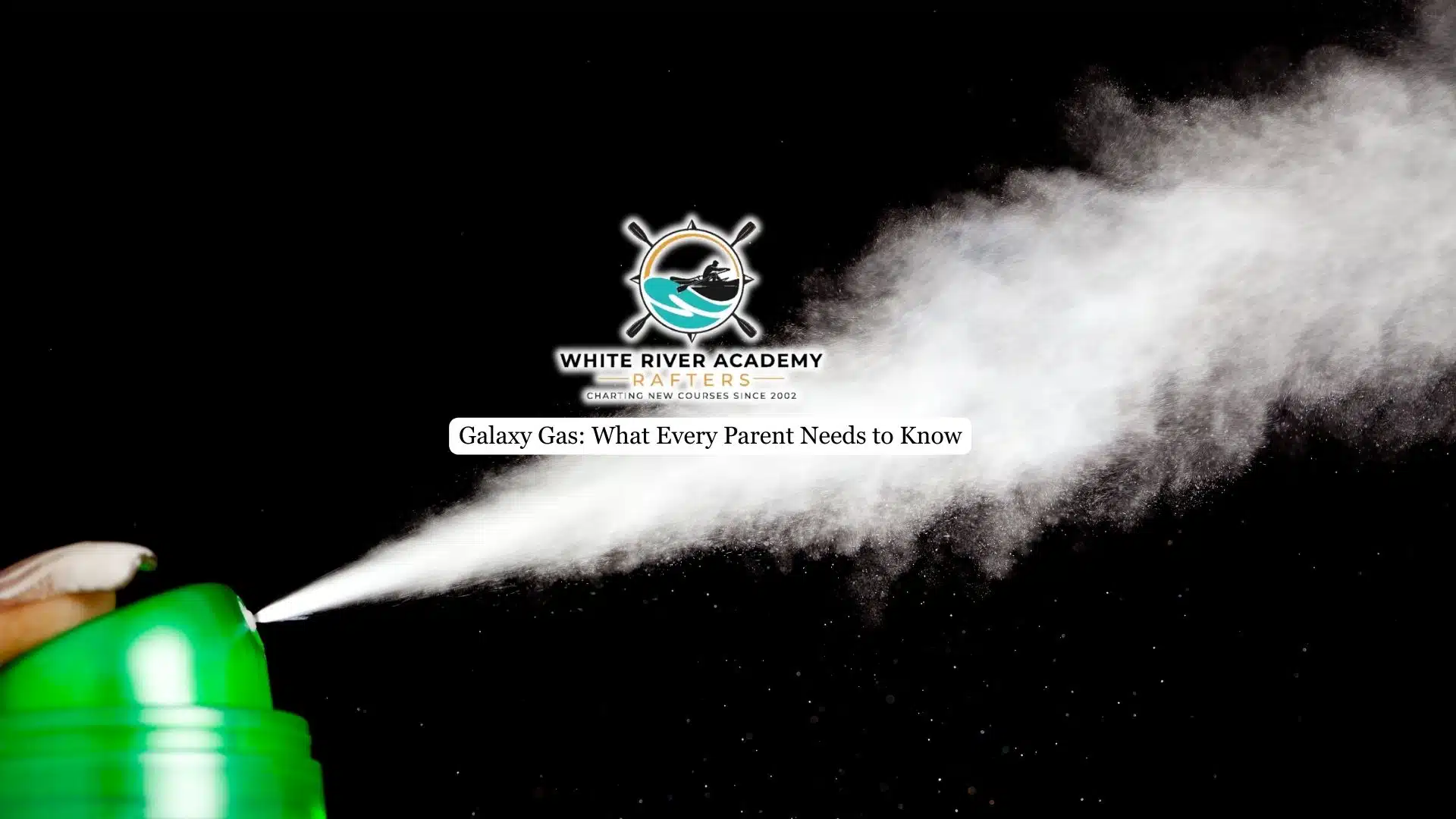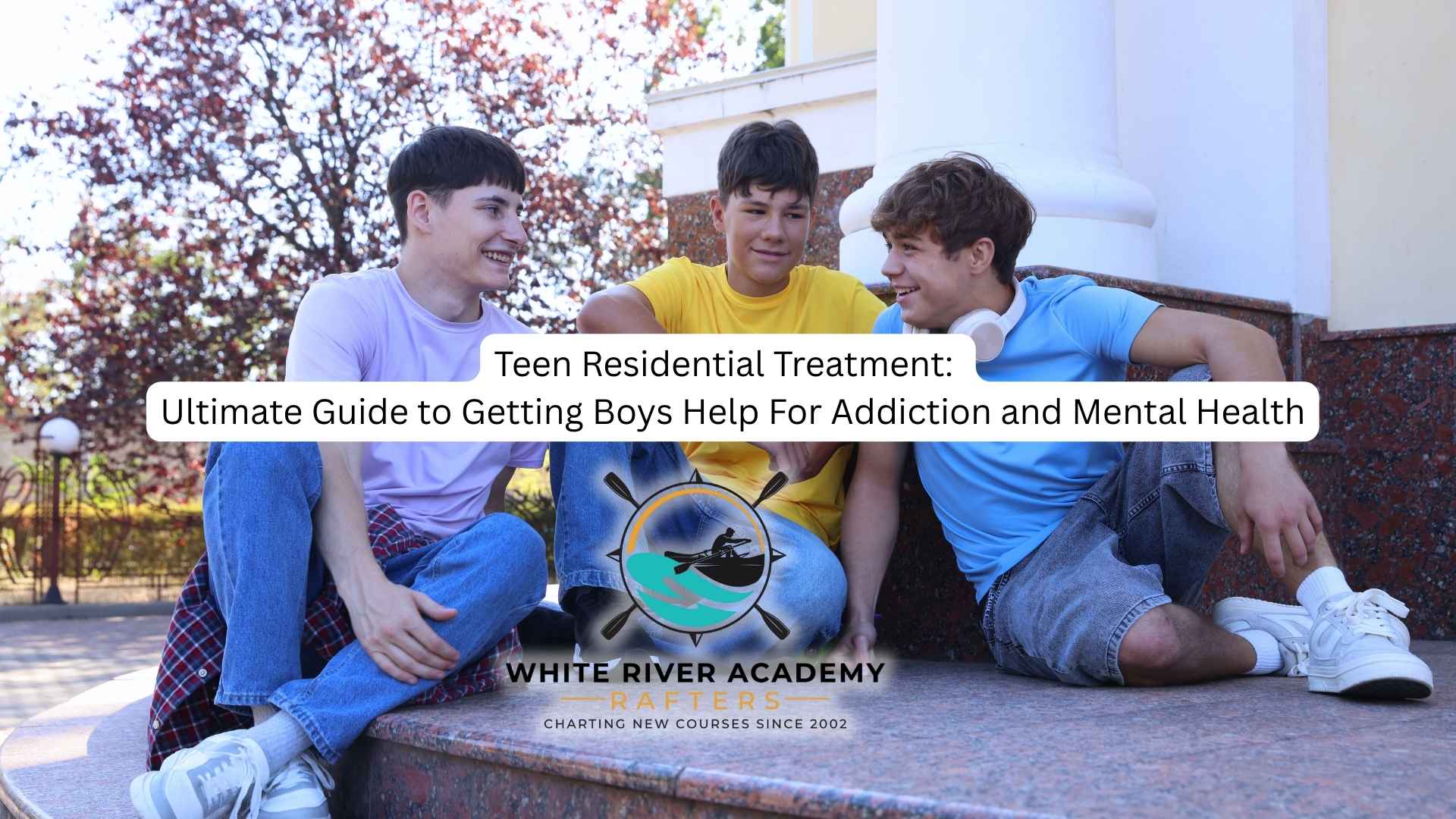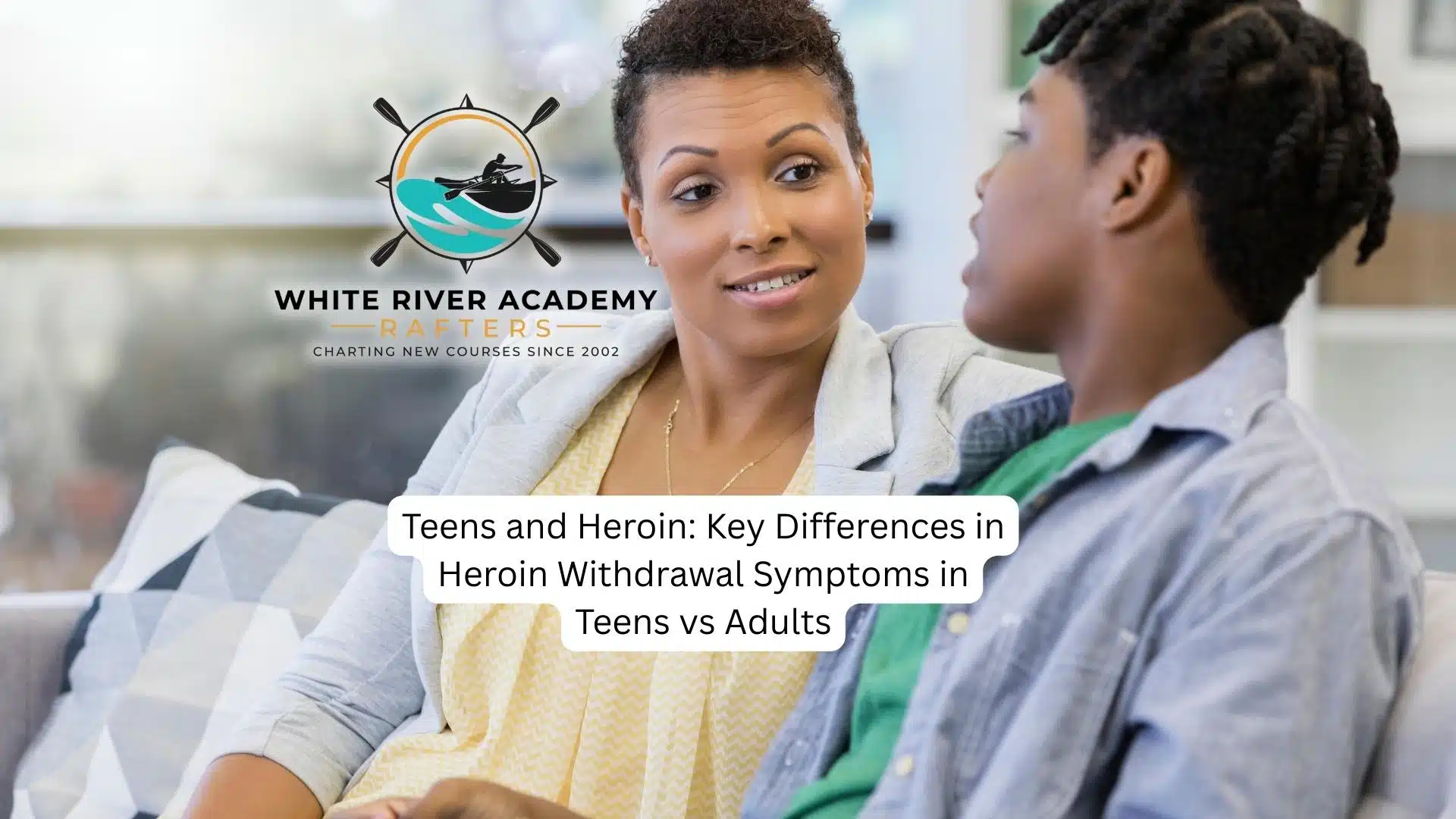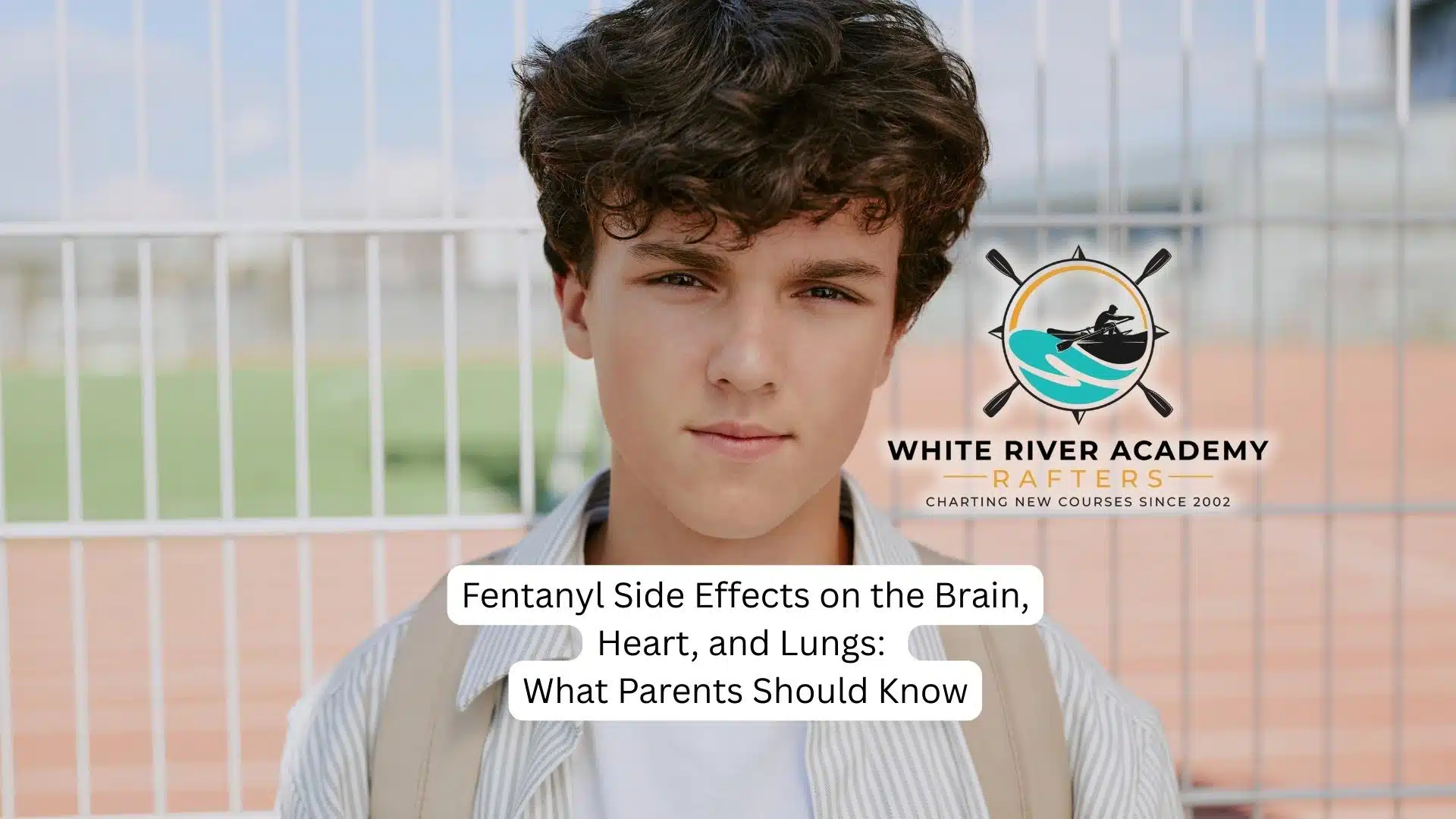Parents today face new and evolving challenges when it comes to protecting their children from dangerous substances. One concerning trend among teens is the misuse of inhalants, particularly a substance known as Galaxy Gas. Understanding what this drug is, why it is appealing to young people, and the risks it poses is crucial for families trying to keep their children safe.
This article breaks down the key facts parents need to know and provides insight into how to address the issue.
What Is Galaxy Gas?
Galaxy Gas is a term often used to describe nitrous oxide, a substance commonly found in whipped cream chargers, also known as “whippets.” While nitrous oxide has legitimate medical and industrial uses, adolescents sometimes misuse it as a recreational inhalant.
The substance produces short bursts of euphoria, dizziness, and laughter, which has led to its reputation as a party drug. Unfortunately, this false sense of harmlessness makes it more appealing and easier for young people to experiment with.
Over time, casual misuse can progress into dependency, making early awareness and timely treatment for galaxy gas addiction an important focus for parents and caregivers.
Why Teens Experiment with Galaxy Gas
For adolescents, curiosity, peer pressure, and the desire for a quick high are common motivators for experimenting with substances. Galaxy Gas, in particular, appeals to some teens because it is inexpensive, discreet, and produces effects within seconds. Unlike alcohol or other drugs, nitrous oxide is often perceived as harmless, which makes it more tempting.
Young people may use whippets in social settings, at parties, or even in their bedrooms, believing there is little risk. The false sense of safety can quickly lead to repeated use, creating patterns of behavior that put them at serious risk for health complications and accidents.
Short-Term Effects and Dangers
When inhaled, Galaxy Gas can cause dizziness, laughter, a sense of detachment, and temporary euphoria. While these effects may seem harmless, they come with serious risks. Lack of coordination, blurred vision, nausea, and confusion are immediate side effects.
More alarming is the risk of oxygen deprivation. Because nitrous oxide displaces oxygen in the lungs, prolonged or repeated inhalation can lead to fainting, unconsciousness, or even sudden death in extreme cases. Accidents are also common—teens under the influence may fall, injure themselves, or engage in reckless behaviors due to impaired judgment and motor skills.
The speed at which these effects set in makes the gas especially hazardous, as adolescents may not recognize the danger until it is too late.

Long-Term Risks of Misuse
Although the high from nitrous oxide is brief, repeated use can have lasting health effects. Prolonged exposure damages nerve cells, which may result in tingling, numbness, or difficulty walking. Chronic use often leads to vitamin B12 deficiency, which can cause serious and potentially permanent neurological problems such as memory loss, poor concentration, or mood disturbances.
For teens whose brains and bodies are still developing, these risks are particularly severe. Beyond the physical impact, habitual use of Galaxy Gas may open the door to experimenting with other substances. As tolerance builds, some adolescents may seek out stronger drugs, increasing the likelihood of substance use disorder.
Warning Signs for Parents
Recognizing the signs of Galaxy Gas misuse can help parents intervene early. Physical symptoms might include frequent headaches, dizziness, fatigue, or sudden mood swings. You may also notice small silver canisters, balloons, or unfamiliar paraphernalia among belongings—common tools used for inhaling nitrous oxide.
Behavioral changes can also be telling. A decline in academic performance, sudden shifts in friend groups, secrecy, or withdrawal from family activities may signal a deeper issue. While these signs don’t always point to inhalant misuse, together they may provide enough reason for concern.
How Parents Can Address the Issue
When parents suspect their child is experimenting with Galaxy Gas, it is essential to remain calm and approach the situation with empathy. Open, nonjudgmental conversations help youngsters feel heard and understood while allowing parents to share the real risks of inhalant use. Providing accurate information about the dangers is often more effective than scare tactics.
In cases where experimentation escalates, professional support through counseling, treatment programs, or even a therapeutic boarding school may be necessary to provide structured guidance and care.
Schools, healthcare providers, and community organizations can also serve as valuable resources for families navigating this issue.
Final Thoughts from White River Academy
The rise of Galaxy Gas misuse among teens is a reminder of how important it is for parents to stay informed about emerging drug trends. Early awareness and open communication can make a significant difference in preventing long-term harm. Recognizing the risks and taking proactive steps, families can better protect their children’s health and future.
Families concerned about inhalant misuse can find guidance and treatment options tailored to the unique needs of their children. At White River Academy, we specialize in supporting adolescents who are struggling with substance use and related challenges. Our structured, evidence-backed programs in Utah help young men build resilience, regain balance, and develop healthier coping strategies in a supportive environment.




